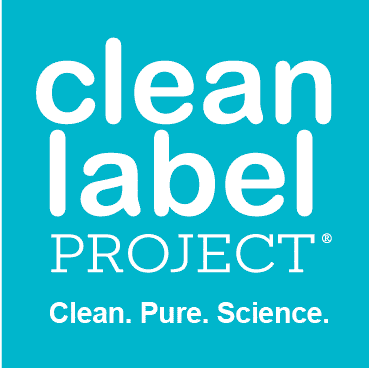New Peer-Reviewed Research Finds Concerning Mislabeling and Contamination in CBD Products
Nearly 60% CBD Products Tested Found to Have Significant Potency Mislabeling with Many Containing Low-Level Heavy Metals and Phthalates Contamination, Raising Alarms for Consumer Advocates.
DENVER— October 3, 2022 – A recent landmark study published in the Science of the Total Environment journal by consumer advocacy organization the Clean Label Project, University of Miami Miller School of Medicine, and Ellipse Analytics, highlights the results of testing 516 commercially available over-the-counter CBD products and 121 unregulated edible CBD products. Samples were lab-tested for the presence of heavy metals, phthalates, and potency levels.
Nearly 60% of CBD products tested were mislabeled, with significant discrepancies between the label and actual potency. Tests found that 40 % contained less than 90 % of the CBD indicated on the product label, while 18 % had more than 110 %, and only 42 % of products fell within ±10 % of the CBD claimed on the manufacturer label.
Edible CBD products tested found trace amounts of heavy metals; lead in 42 %, mercury in 37 %, arsenic in 28 %, and cadmium in 8 %. Four edible CBD products exceeded the California Proposition 65 threshold for daily lead consumption of 0.5μg in two servings. Heavy metals are naturally occurring elements with multiple industrial, domestic, agricultural, medical, and technological applications. In larger amounts, they can become toxic or dangerous. Heavy metal toxicity can lower energy levels and damage the functioning of the brain, lungs, kidneys, liver, blood composition, and other important organs.
Phthalates are widely used chemicals in plastics; they are known hormone disruptors and have been linked to endocrine disruption; research over the past decade raises concerns over their impact on human health. The percentage of products with detectable amounts across the four phthalates ranged between 13 % and 80 %.
Pervasive low-level contamination of edible CBD products and the substantial discrepancy of product label potency underscore the need for tight regulations for CBD product label integrity to protect consumers and this burgeoning industry.
“The demand and availability of commercially available CBD products have grown substantially, much of that demand generated by medically vulnerable people. It’s critical that the FDA acts to provide consumers with confidence and protection against unnecessary risk.” said report co-author and Executive Director of the Clean Label Project Jaclyn Bowen.
Colorado-based Clean Label Project (CLP) is a national nonprofit 501(c)(3) organization with a mission to bring truth and transparency to food and consumer product labeling. CLP is committed to changing the definition of food and consumer safety through data, science, and transparency.
Go to https://www.sciencedirect.com/science/article/abs/pii/S0048969722052093# To review the study results.
This study was funded by an independent educational grant from Greenwich Biosciences LLC (a Jazz Pharmaceuticals Company).
###
###
